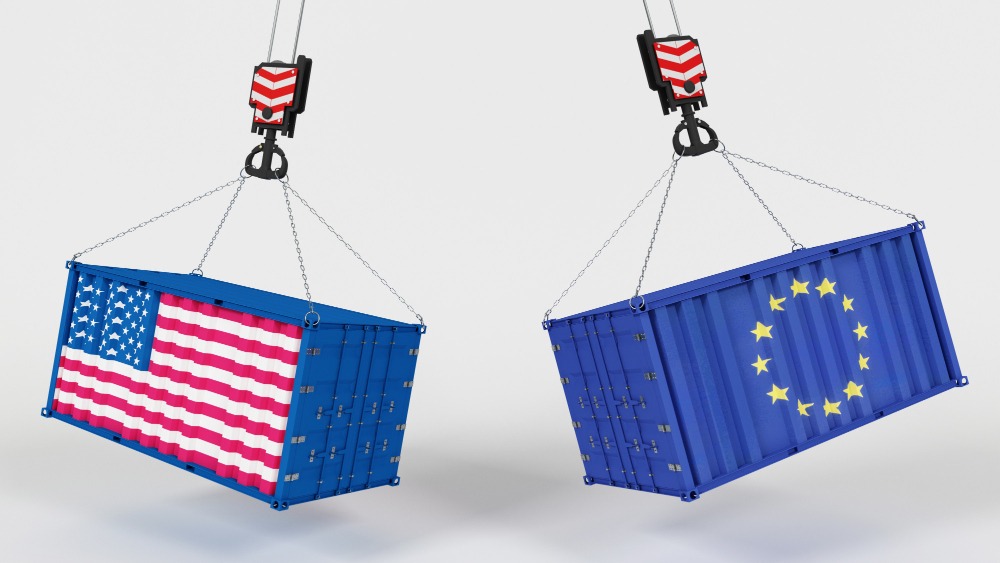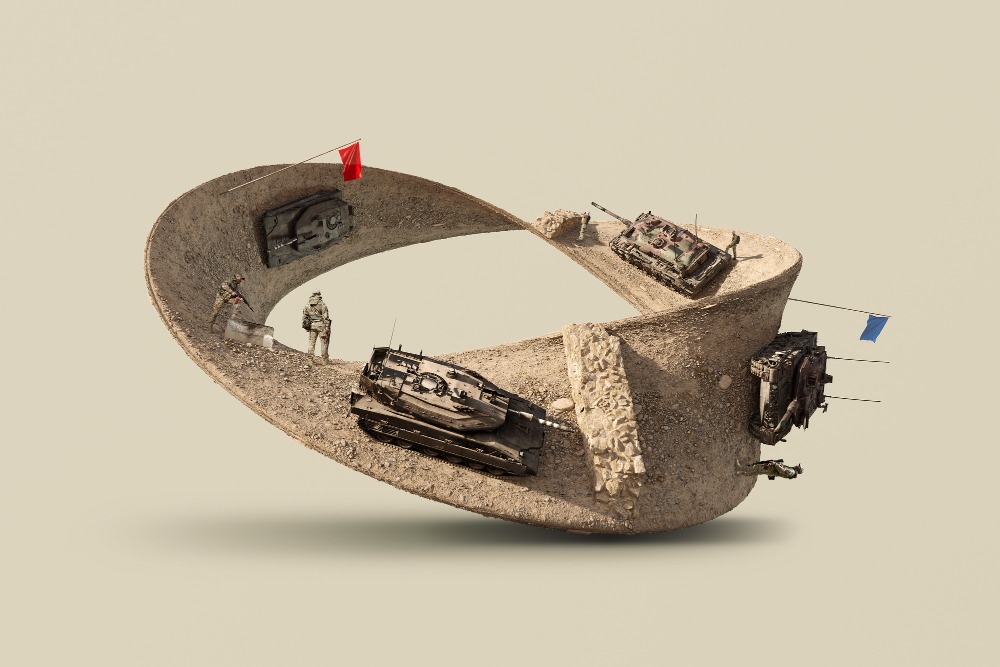
Introduction: Why Tariff Wars Matter
You’ve probably heard the term “tariff war” tossed around in headlines, especially
during times of economic tension between major powers. But what exactly is a tariff
war, and why should anyone outside of government offices or corporate boardrooms
care?
The truth is, tariff wars can impact everything — from the price of groceries and
electronics to job stability and even your retirement portfolio. This post breaks it all
down, in plain language.
Tariffs 101: The Basics
A tariff is a tax imposed by a government on imported goods. For example, if
Country A charges a 25% tariff on steel from Country B, then businesses in Country
A importing that steel have to pay 25% more to bring it in.
Governments usually impose tariffs to:
Protect local industries from foreign competition
Raise revenue
Retaliate against trade practices they view as unfair
So, What Is a Tariff War?
A tariff war (also known as a trade war) happens when countries keep slapping
tariffs on each other’s goods in a tit-for-tat escalation.
Here’s how it usually goes:
- Country A imposes tariffs on imports from Country B
- Country B retaliates with its own tariffs on Country A
- The cycle repeats, often expanding to more products and industries
This back-and-forth quickly turns hostile — and both sides suffer.
Real-Life Example: The U.S.–China Trade War
One of the most high-profile tariff wars in recent history started in 2018 between the
United States and China. The U.S. imposed tariffs on hundreds of billions worth of
Chinese imports, citing unfair trade practices. China responded with its own tariffs on
U.S. goods like soybeans and cars.
The result?
Prices increased for American consumers and businesses
U.S. farmers lost key export markets
Global markets grew more volatile
Why Tariff Wars Are Risky
Tariff wars may sound like tough policy, but they often have unintended
consequences:
Higher consumer prices
Disrupted supply chains
Lost jobs in export-dependent industries
Strained diplomatic relations
Slower global economic growth
They may start as economic battles — but if they go too far, they can spark
recessions or even global depressions (more on that in future posts).
Closing Thoughts
Tariff wars are more than political headlines — they’re economic earthquakes.
Understanding how they start is the first step toward recognizing the risk they pose
to everyday life.
Stay tuned as we dive deeper into how tariff wars disrupt trade, inflate prices,
destroy jobs, and can even pave the way for full-blown economic crises.


